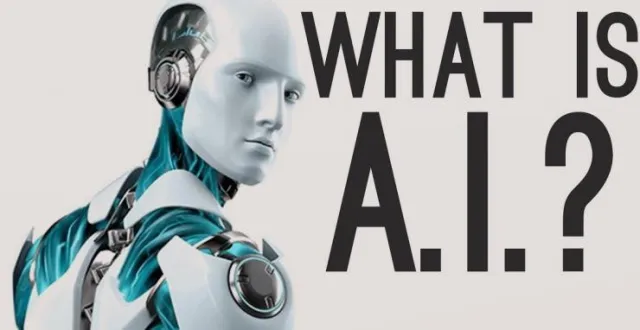Introduction
Artificial Intelligence (A.I.) has been growing up so quickly from being a mere notion, to this thing that we live in every day.Healthcare, finance, transport – A.I.’s influence is seemingly spread around more or less at one with our technology. And by the day we change our world as if how we work what we are doing changes with it, bit it looks increasingly like. So as the technology is growing, so is the need for A.I. professionals. Just what exactly does it take to make a bona fide A.I. guru? It starts with an introduction to the foundational principles of A.I. such as understanding machine learning algorithms, neural networks, natural language processing and computer vision.

Education and Foundation
Grasp the Basics:
First of all, learning such technology is a rigorous. This includes knowledge of machine learning algorithms, neural networks, natural language processing and computer vision. If you’re learning from the very beginning, books such as “Artificial Intelligence: A Modern Approach” by Stuart Russell and Peter Norvig provide a good place to start.
Formal Education:
But also a possibility is formal education. A degree in computer science or data science, or one of the “hard” sciences like math or engineering can offer you solid background knowledge. Many top universities now provide courses and programs specifically focused on A.I. or Machine Learning.
Online Courses and Resources:
Through the internet you can find out a great deal! Websites like Coursera, edX, and Udacity list busy online classes taught by professors from leading institutions. For instance, Andrew Ng’s “Machine Learning” and “Deep Learning Specialization” courses at Deep Learning are both very popular because of their comprehensiveness.

Hands-On Experience and Practice
Projects and Internships:
Theory alone is not enough; practical experience is everything. To apply theoretical knowledge to real-world problems, one should undertake practical projects and internships. Participating in Kaggle competitions, building A.I. applications, or collaborating on research projects experience is extremely valuable, and helps clarify knowledge.
Open Source Contributions:
Contributing to open-source A.I. projects on platforms like GitHub is a very effective way to improve your skills as well as visibility in the A.I. community. If you collaborate with peers on projects, not only will you deepen understandings, but also area of AI.
Continuous Learning and Exploration:
The area of A.I. is dynamic, always in flux. To keep up you must keep learning: learn and learn relentlessly. Continue staying up-to-date with the latest research breakthroughs by reading academic papers, attending conferences such as NeurIPS and ICML, or participating in online forums like Reddit’s r/MachineLearning and Stack Overflow.
Conclusion
To become an expert in A.I. is a demanding yet rewarding journey that requires dedication, perseverance, and a love for the topic. By gaining practical experience, keeping up with developments and investing in education, you can position yourself as an authority in that extra exciting world of artificial intelligence.

FAQs (Frequently Asked Questions)
Q: Do I need a Ph.D. to become an expert in A.I.?
A: Even if a Ph.D. can give a deeper understanding of something or open up research opportunities, it is hardly necessary to become an A.I. expert. Many practitioners learn with practical experience, self-study, and a helping hand from college undergraduate or master-level teachers.
Q: How long does it take to become proficient in A.I.?
A: How long it takes to become good at A.I. varies greatly depending on individual aptitude, prior knowledge, and the route taken to get there. Some may attain expertise in a few years, while others take even longer. For whatever period holds out hope of success, sustained effort, handson practice and willingness to learn are indispensable.
Q: Can I become an expert in A.I. without a technical background?
A: Although a background in technology may be useful as a starting point, it’s not a prerequisite for becoming an expert in A.I. There are many resources on the internet tailored specifically for beginners, and people with a wide variety of backgrounds including psychology and economics can also switch to A.I. by maintaining their resolve.
